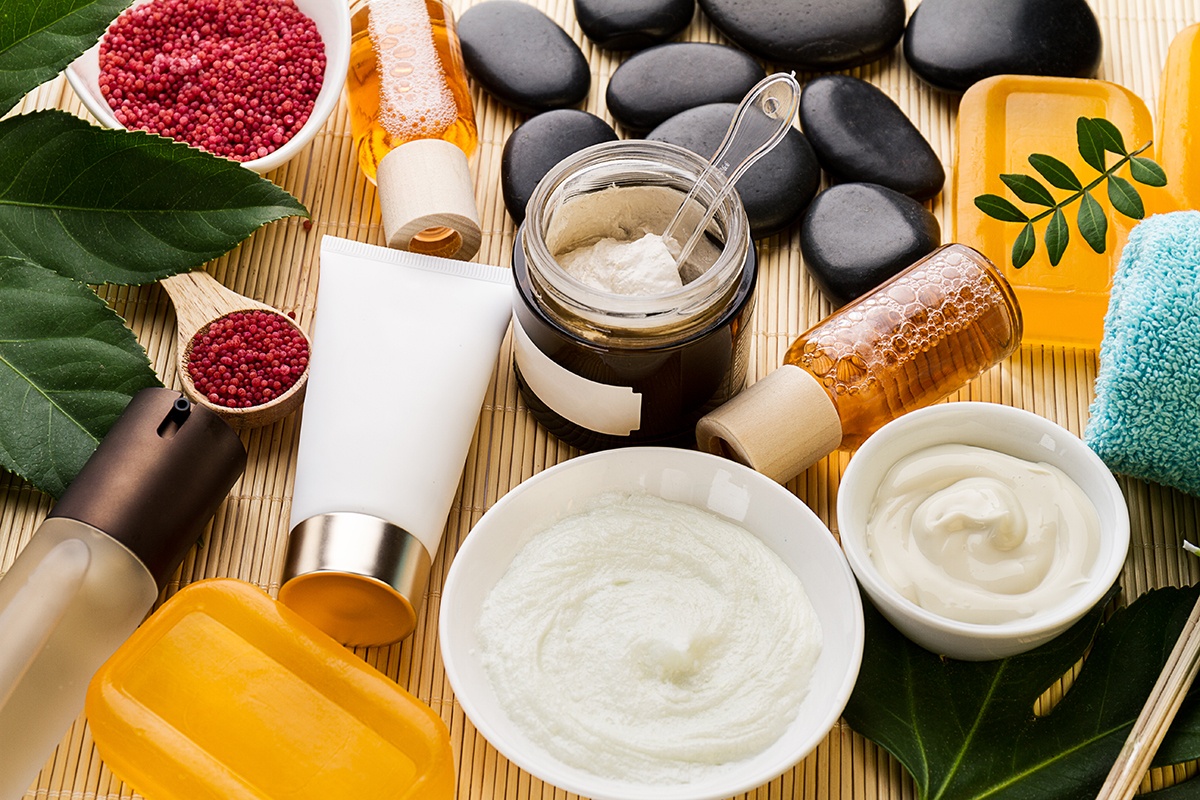
Introduction:
The cosmetics ingredients industry continues to witness significant growth and innovation, driven by evolving consumer preferences and emerging beauty trends. This article explores the latest developments in the cosmetics ingredients sector, highlighting key trends, innovations, and their impact on the global beauty industry.
Clean and Sustainable Beauty:
Consumers are increasingly demanding clean and sustainable beauty products, prompting cosmetics ingredient manufacturers to develop eco-friendly alternatives. Companies are focusing on sourcing natural, organic, and ethically derived ingredients, reducing environmental impact, and adopting sustainable production practices. This shift towards clean and sustainable beauty aligns with the growing consumer awareness of the importance of environmental conservation and personal well-being.
Plant-Based and Natural Ingredients:
The demand for plant-based and natural ingredients in cosmetics has skyrocketed in recent years. Consumers are seeking products that are free from synthetic chemicals and harsh additives. As a result, cosmetics ingredient suppliers are investing in research and development to discover new botanical extracts and plant-derived compounds with beneficial properties for skin and hair care. These natural ingredients offer a gentle and effective alternative to traditional cosmetics ingredients.
Advanced Anti-Aging Solutions:
The pursuit of youthful and radiant skin remains a top priority for consumers, driving the demand for advanced anti-aging cosmetics ingredients. Manufacturers are developing innovative ingredients that target specific signs of aging, such as fine lines, wrinkles, and uneven skin tone. Ingredients like peptides, retinol alternatives, and antioxidants are gaining prominence for their proven efficacy in rejuvenating the skin and promoting a more youthful appearance.
Microbiome-Friendly Ingredients:
The role of the skin’s microbiome in maintaining skin health has gained significant attention. Cosmetic ingredient companies are focusing on developing microbiome-friendly ingredients that support the skin’s natural ecosystem. These ingredients help to balance the skin’s microbiota, strengthen the skin barrier, and promote overall skin health. Probiotics, prebiotics, and postbiotics are among the key ingredients being incorporated into skincare formulations to optimize the skin’s microbiome.
Customizable Beauty:
Personalization is a growing trend in the beauty industry, and cosmetics ingredient suppliers are responding by offering customizable ingredients. Formulators can now tailor formulations to suit individual skin types, concerns, and preferences. Customizable ingredients enable brands to offer unique and personalized beauty solutions that resonate with consumers seeking a more personalized approach to skincare and cosmetics.
Digitalization and Technology Integration:
The digital revolution has also impacted the cosmetics ingredients industry. Ingredient suppliers are leveraging technology to enhance research and development processes, improve ingredient efficacy, and enable faster and more efficient formulation development. Integration of artificial intelligence, machine learning, and data analytics has become essential for predicting consumer preferences, optimizing ingredient performance, and accelerating innovation.
Conclusion:
The cosmetics ingredients industry is undergoing a transformative phase, driven by changing consumer demands and technological advancements. Clean and sustainable beauty, plant-based ingredients, advanced anti-aging solutions, microbiome-friendly formulations, customizable beauty, and digitalization are key trends shaping the future of the industry. As consumers become more conscious and discerning, cosmetics ingredient manufacturers continue to innovate and provide cutting-edge solutions that meet the evolving needs of the global beauty market.
Post time: Dec-06-2023